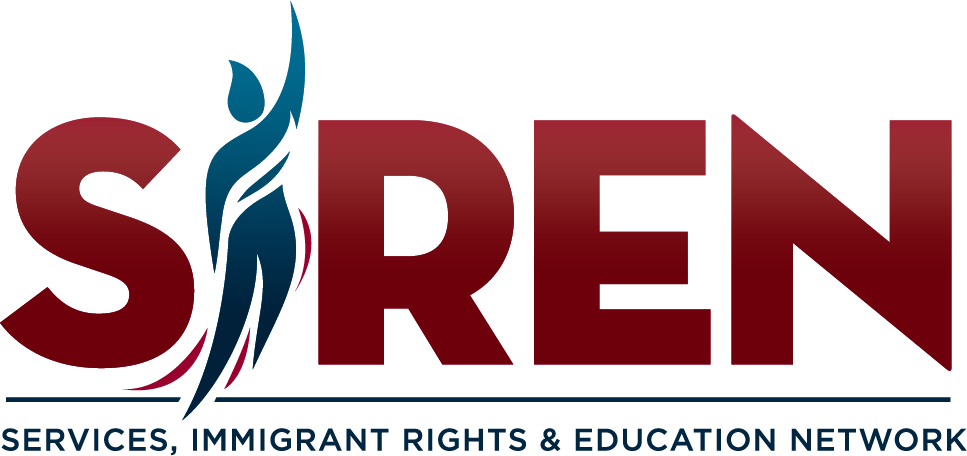New poll finds most parents don’t support arming teachers
/By Emily DeRuy, Bay Area News Group
POSTED: 04/12/18, 7:33 AM PDT |
While more than eight in 10 parents worry about the possibility of a mass shooting at their kids’ public schools, the majority still oppose arming teachers with guns, a new poll released Wednesday shows.
“I think recent events have really shaken people’s confidence in school safety and that’s something I think that local public schools and district administrators need to be aware of,” said Mark Baldassare, president of the Public Policy Institute of California, a nonprofit, nonpartisan think tank, which conducted the poll.
Such widespread shared concern about anything is rare these days. Yet there are stark, partisan divides about whether arming teachers and other school officials with guns — as President Trump has suggested — is a good way to respond to fears about gun violence on campus.
Two-thirds of adults in California and about as many public school parents don’t like the idea of arming teachers, along with 86 percent of Democrats and 69 percent of independents. (Nationwide, about half of adults oppose the idea, according to a February CBS News poll.) But 60 percent of the state’s Republicans think more teachers and school officials should be able to carry guns.
The new poll of 1,704 California adult residents, conducted from March 25-April 3 in the wake of the recent Parkland, Florida shooting, is the first time the think tank has asked about school shootings in particular and the notion of arming teachers.
Dee Steinberg, a 65-year-old Martinez resident with young grandchildren in local public schools, said the thought of a nearby school shooting is “very scary.” But to Steinberg, who has owned a gun and enjoyed going to a shooting range from time to time, the idea of arming teachers is ludicrous.
“I mean, come on,” Steinberg said. “I don’t think people understand that at that moment that something happens…this isn’t second nature. You’re not in the military or the police force where they drill it into you.”
Instead, Steinberg said, she’d like to see limits on the types of weapons people can access. People don’t need military-style guns, she said, or high-capacity magazines, she added.
Steinberg’s views are in line with an earlier March PPIC poll that found that around 70 percent of likely California voters support stricter gun laws.
But the political rhetoric emanating from Washington on the issue — where Republican lawmakers have resisted calls to boost gun restrictions — doesn’t jibe with surging public support in California and elsewhere for the idea.
The education-focused poll also showed that most Californians are worried about the effect of federal immigration enforcement on undocumented students in local public schools and their families. More than half of Latinos say they are very concerned, while 70 percent of Californians overall say they are either very or somewhat concerned.
The immigrant advocacy group Services, Immigrant Rights, and Education Network (SIREN) in San Jose has been fielding more concerns about immigration raids than in the past. Children are worried about their parents being deported, said executive director Maricela Gutierrez, which can make it hard for them to focus in class. Some school districts have even seen a decrease in student attendance, she said, after high-profile raids.
“It’s going to have long-term effects on how our children are seeing our government,” she said, “and the distrust they are building in our federal government.”
Again, partisan differences emerge on the issue, with 61 percent of Democrats saying they are very concerned compared to just 20 percent of Republicans.
The poll’s sampling error is +3.2 percent for Californians overall, and slightly greater for subgroups.
Politicians running for office in the Golden State this year would be wise to consider voters’ views on education issues. The poll found that 64 percent of likely voters say in the race for governor, candidates’ positions on K-12 public education are very important.
As with previous polls, the latest poll puts Lt. Gov. Gavin Newsom at the front of the pack, with support from 26 percent of likely voters. It’s still unclear, however, who his opponent will be. Nearly a quarter of likely voters remain undecided, while 15 percent support Republican John Cox and 13 percent back Democrat Antonio Villaraigosa.
Their views on education “should be” important, Baldassare said. “It’s the biggest part of the state budget.”
Still, few people in the state seem to know many details about how their local schools perform or the way the state funds its schools — something that hasn’t changed much over time. While California has some of the lowest standardized test scores in the country, most public school parents give their local schools A or B grades.
To Baldassare, that’s a sign that lawmakers, school administrators and teachers need to do a better job of explaining education policy and what it means.
“For a lot of Californians, there’s a lack of awareness,” he said.
Steinberg agrees.
“I think part of it is, if the information is out there, is it in usable form? Is it easy to find and written in such a way people can find it?” Steinberg said.
And while 60 percent of likely voters think state funding for public schools is inadequate, fewer than half would back a local parcel tax to fund them. (Interestingly, though, 53 percent of likely voters say they would support changing how commercial property taxes are assessed and giving the additional money to public schools and local governments.)
The upshot is that people want more money for schools, Baldassare said, but “not all of them necessarily want to be the ones to pay for it.”
ORIGINALLY POSTED: Bay Area News Group



